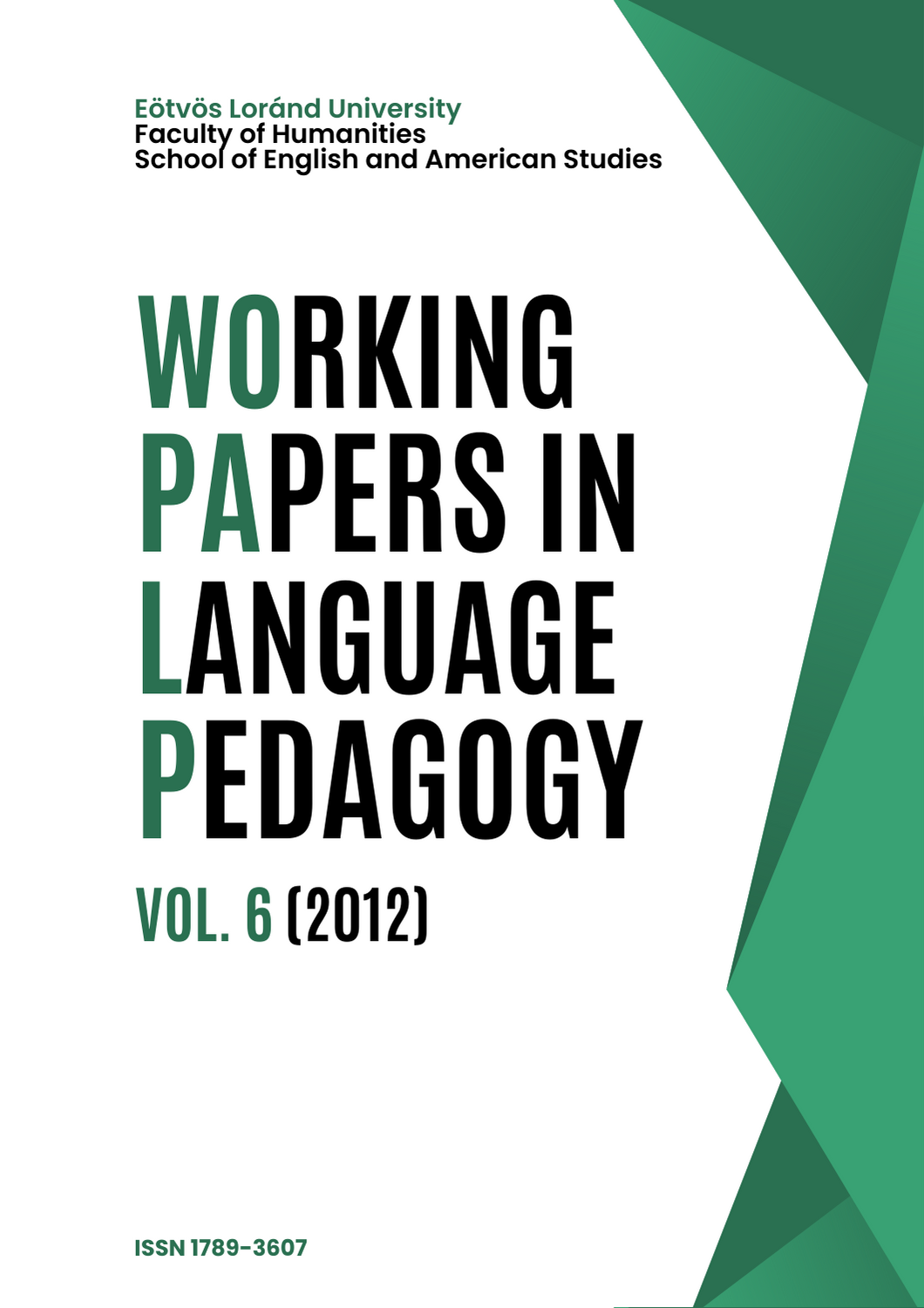Investigating Hungarian EFL Learners' Comprehension of and Attitudes towards Speech Varieties of English: A Two-phase Study
DOI:
https://doi.org/10.61425/wplp.2012.06.17.45Keywords:
English as a lingua franca, varieties, pronunciation, comprehension, attitudesAbstract
The aim of the present research is to investigate Hungarian EFL learners’ comprehension of English speech varieties, and how the learners relate to accents of English on the level of attitudes, using the theoretical framework of English as a lingua franca. The investigation includes two phases: a quantitative questionnaire study with a comprehension task complemented by a qualitative follow-up study. The participants of the first phase consist of 62 secondary school learners of English; 5 learners from the same population participate in the follow-up study. The findings reveal that the RP (received pronunciation) English speech variety recorded for ELT purposes is the most understandable for the learners, while unfamiliar or non-native accents pose a considerable challenge to understanding. Comprehension is influenced by a set of intertwined factors, including proficiency, language awareness and exposure to English speech. The participants are generally more appreciative of native speaker speech varieties, while they judge non-native varieties unfavourably, attaching further meanings and values to accents. The learners’ judgement of speech varieties is related to their identity as well as their personal and cultural affiliations, which also seems to be related to their motivation.




